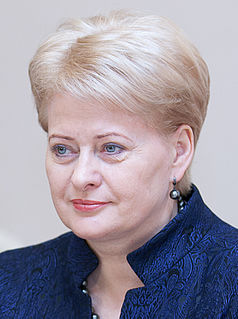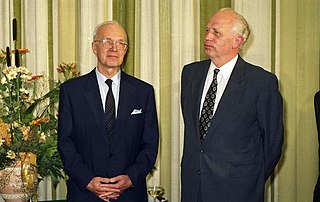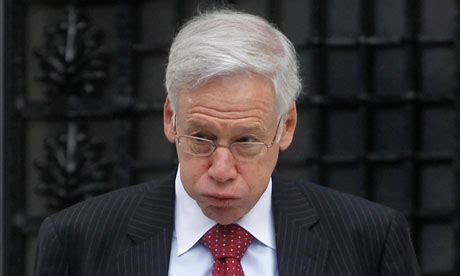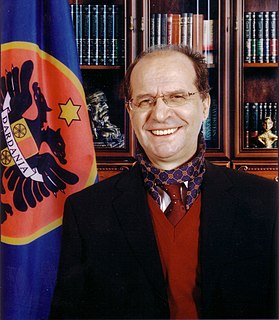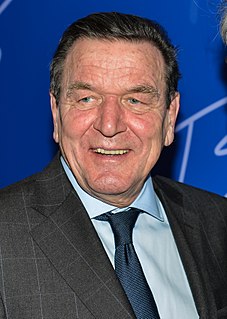A Quote by Amity Shlaes
Europe unified its monetary policy through the euro before it unified politically, therefore sustaining member countries' abilities to pursue the kind of independent fiscal policies that can strain a joint currency.
Related Quotes
I'm not trying to be diplomatic. I'm trying to be more nuanced and realistic. I think there has to be a serious examination of the shortcomings of the Euro structure. Euro central institutions, whether it be fiscal policy, monetary policy, financial regulation, are simply not as robust as they are in a currency that has a national government behind it.
For a small open economy that trades mostly with the euro zone it makes absolute sense to be part of the currency union. Our currency has already pegged to the euro since 2002. We don't have an independent monetary policy. We are regulated by the European Central Bank in Frankfurt, but we are not able to reap all the profits. Our businesses want to save the transaction costs.
The fact that we're going through a crisis is an opportunity for Europe to be more coordinated and more integrated. We're actually talking about a European Monetary Fund or euro bonds, about guarantees for countries, about economic governance in the European Union. That shows the strength of Europe.
One shouldn't pursue the wrong policies just because one is afraid of not being reelected. Those who intend to govern have to take responsibility for their countries and for Europe as a whole. This means, if need be, that they have to pursue the right policies, even if many voters think they are the wrong ones.


